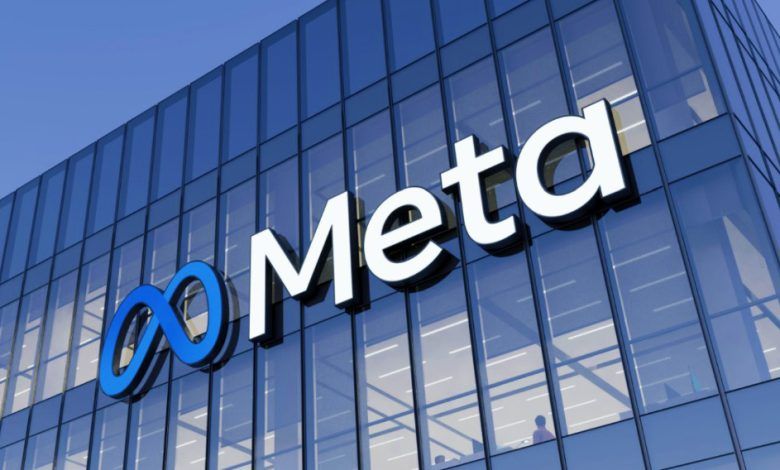
The Competition and Consumer Protection Tribunal has upheld the $220 million penalty imposed on Meta Platforms Incorporated by the Federal Competition and Consumer Protection Commission (FCCPC). This decision, which came after a comprehensive legal process, also saw the Tribunal award the Commission $35,000 to cover the investigation costs.
In a statement released on Friday, the FCCPC’s Director for Corporate Affairs, Ondaje Ijagwu, highlighted that the Tribunal had confirmed the Commission’s adherence to prevailing laws and affirmed that its actions were in line with the provisions of the 1999 Constitution (as amended). The Tribunal ruled that the FCCPC had correctly identified the violations committed by WhatsApp and Meta, rejecting the company’s appeal.
The Tribunal’s ruling, made by a three-member panel led by Honorable Thomas Okosun, dismissed multiple objections raised by Meta and WhatsApp, including claims that the Commission lacked the legal grounds to regulate their operations. The legal teams representing both parties Gbolahan Elias (SAN) for Meta and Babajunde Irukera for FCCPC presented their final arguments in January 2025.
The FCCPC had originally imposed the fine on July 19, 2024, after concluding that Meta and WhatsApp had engaged in exploitative and discriminatory practices against Nigerian consumers. This decision followed a 38-month investigation into the companies’ privacy practices and consumer data policies, which began in 2020. The joint inquiry was conducted by both the FCCPC and the Nigeria Data Protection Commission (NDPC).
In response to the FCCPC’s Final Order, which imposed the fine, Meta and WhatsApp filed an appeal, contesting the findings and the legal basis of the penalty. However, in its ruling, the Tribunal validated the FCCPC’s investigative processes and confirmed that the Commission had acted within its powers.
A key issue addressed by the Tribunal was Meta’s claim of a breach of fair hearing. The Tribunal sided with the FCCPC, affirming that the Commission had given Meta ample opportunity to respond during the investigation, ensuring that constitutional due process was fully observed.
Another significant point was the Commission’s authority over data protection matters. The Tribunal reaffirmed the FCCPC’s competence to regulate competition and protect consumer interests, even in the context of industries regulated by other bodies like the NDPC.
On the subject of Meta’s privacy policies, which had been a central concern in the investigation, the Tribunal found no error in the FCCPC’s conclusion that the company’s practices violated Nigerian law. The Tribunal also upheld the Commission’s findings regarding Meta’s exploitative treatment of Nigerian consumers.
However, the Tribunal did set aside Order 7 of the FCCPC’s Final Order, deeming it legally insufficient, though this did not alter the overall outcome of the case.
FCCPC Executive Vice Chairman/CEO, Tunji Bello, expressed satisfaction with the Tribunal’s decision, praising the Commission’s legal team for their meticulous work in assembling evidence and presenting a strong case. Bello reiterated the FCCPC’s commitment to safeguarding Nigerian consumers’ rights and ensuring fair business practices in line with the FCCPA (2018) and the broader objectives of the Renewed Hope Agenda championed by President Bola Ahmed Tinubu.
This ruling is being seen as a significant victory for consumer protection in Nigeria and a bold move in holding global tech giants accountable for their practices within the country.





